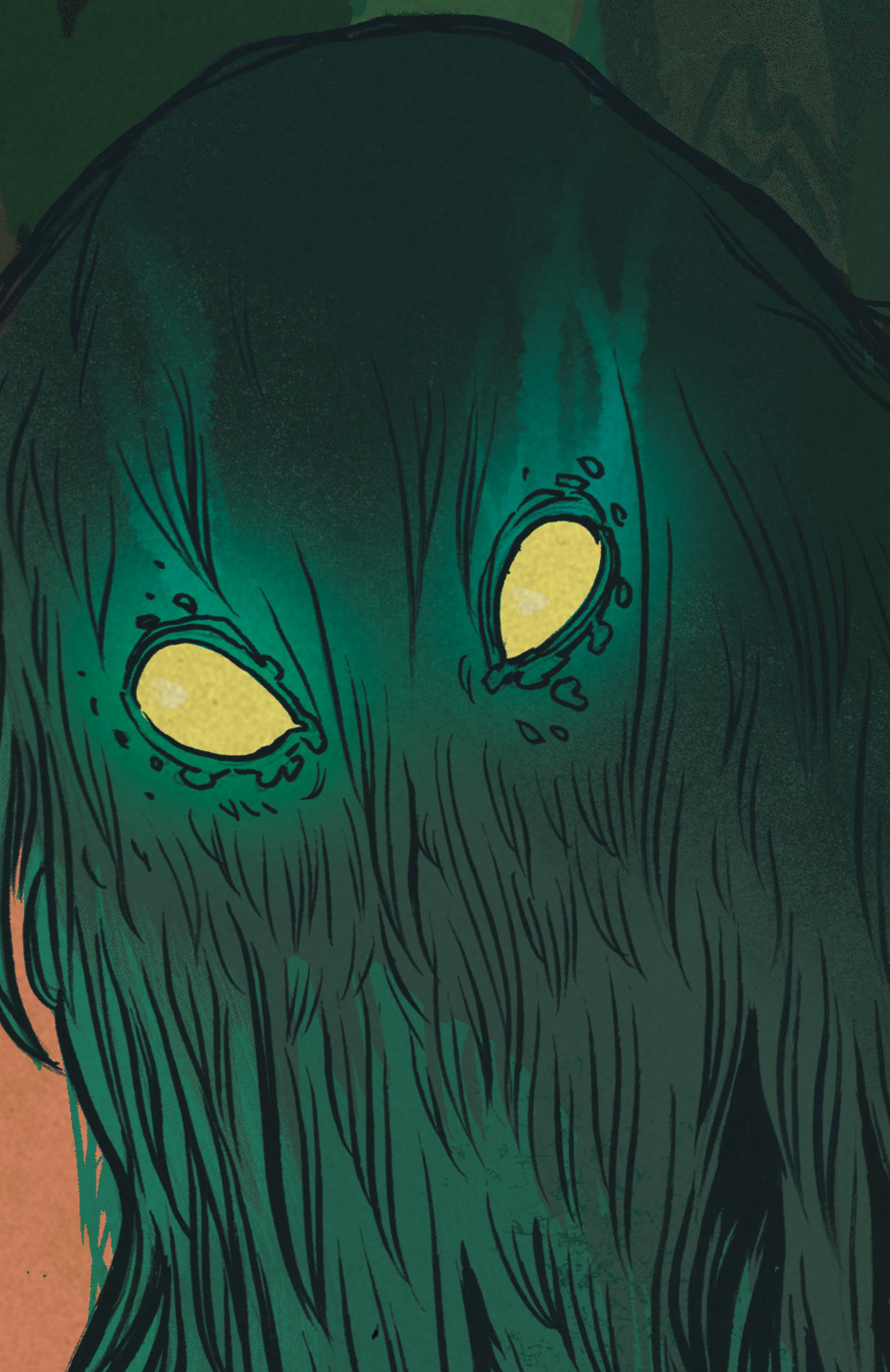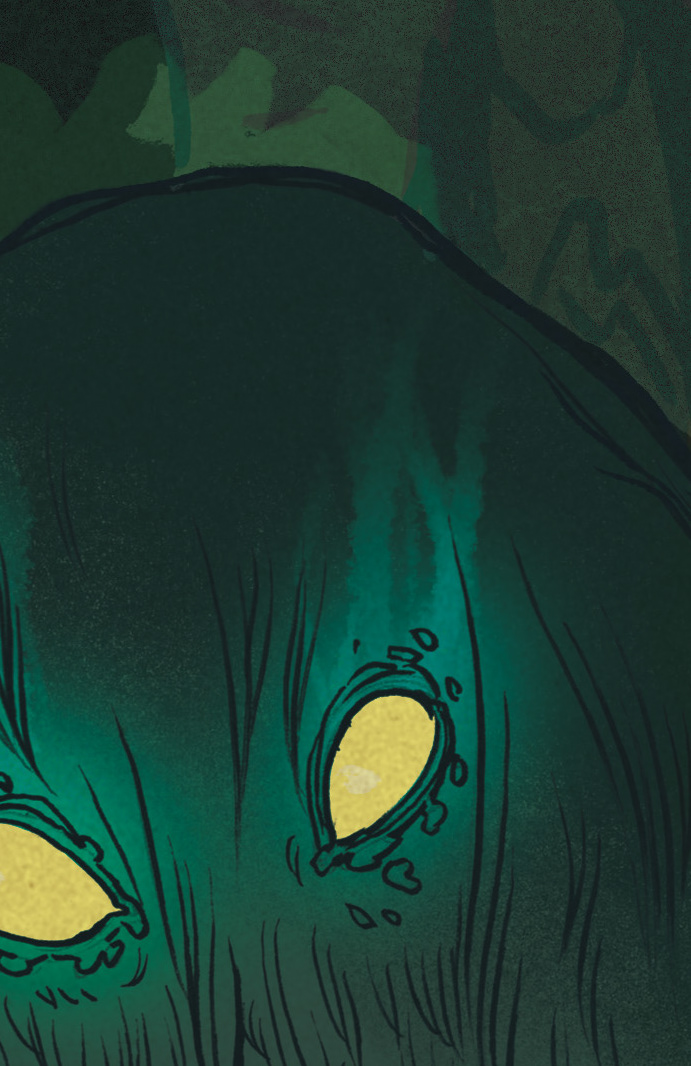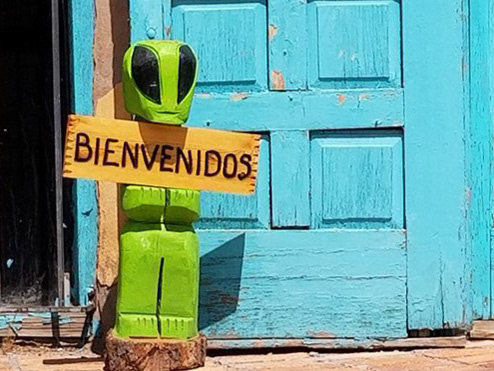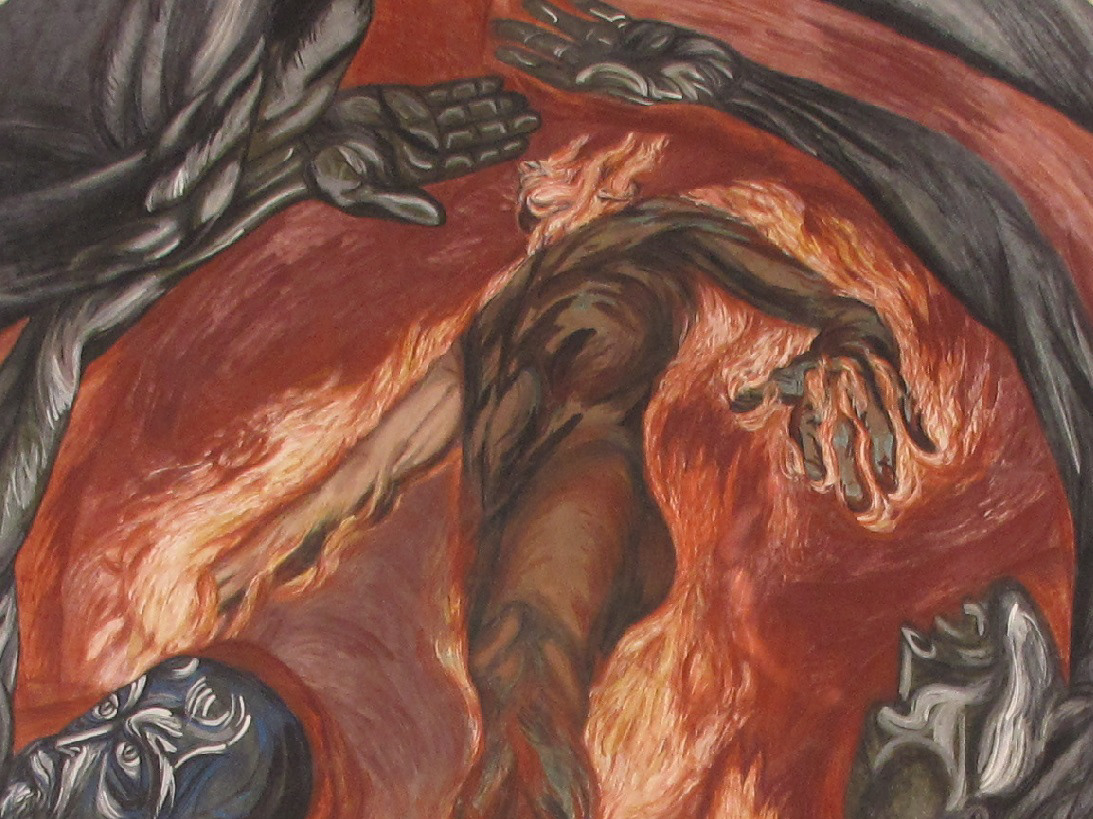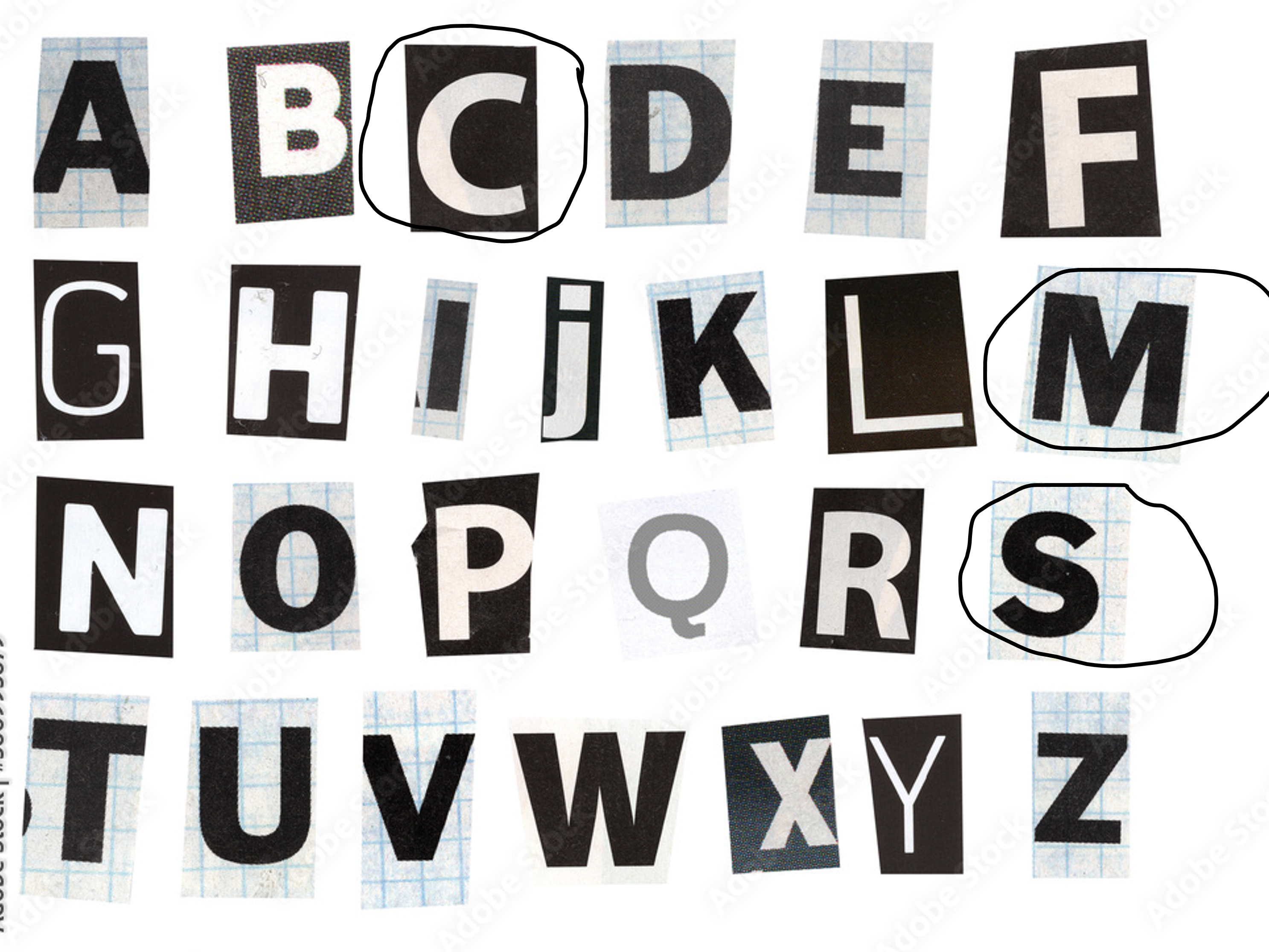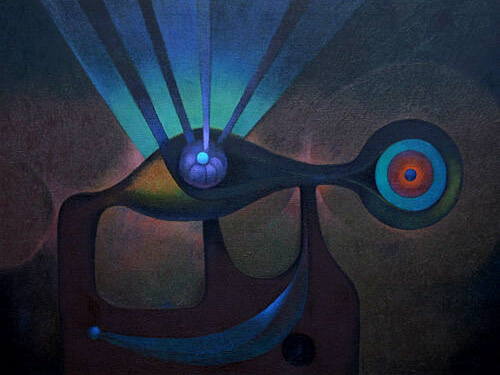The University of New Mexico
November 18-19, 2024
The Critical Mystery Studies symposium brings together scholars from a variety of fields, including Latinx Studies, Indigenous Studies, and Africana Studies, to critically and creatively examine the mysteries that surround us. Critical Mystery Studies (CMS) is the critical and interdisciplinary study of mysteries such as ghost hauntings, alien encounters, and monster sightings. CMS celebrates the role of mystery in the long traditions, histories of resistance, and cultural expressions of BIPOC communities, and at the same time, CMS explores how mysteries are entangled with racism, sexism, coloniality, and other systems of oppression. By placing various mysteries in dialogue, we hope to more clearly understand how mysteries are part of BIPOC cultural expressions as well how they reveal the traces of the history of oppression. Studies of CMS explore the nature and meaning of mysteries, the discourses surrounding them in their specific geographical and cultural contexts, their fictional representation in fiction and film, and how mysteries have been reappropriated by BIPOC authors and artists.
Goodwin's Quick Version of the Story:
Back in 2006 I began to notice that the new conservative conspiracy theory people were directing their fantasies at recent immigrants. This may have not been new, but it seemed particularly dangerous to me. At the time, many people in the U.S. did not see how deadly conspiracy theories could be. I was focusing all my energies on Latinx science fiction, and I put it aside as a future project.
After I finished my book The Latinx Files, I realized that the final chapter of the book actually had taken a different turn. This was the chapter on the Chupacabras, and it was mixing fiction, film, strange events in the world, and the the spread of stories on the internet. This was science fiction coming to life. There were also a number of topics that I had to push aside because they did not exactly fit into the science fiction category, such as alien abductions and the relationship between science and the supernatural.
And then one day in my Latinx science fiction course, we were discussing the Taos Hum, and I began to imagine a course on all those things in the world that are mysterious and resist understanding. So in the Spring 2024 semester I taught "Mysteries of New Mexico and Beyond" that turned out to be very challenging and very generative. A super fantastic group of graduate students took an interest, and we have not stopped. With no plan to stop.
I came up with this term "Critical Mystery Studies" (CMS) to clarify that CMS does not have the goal of proving, debunking, hunting, promoting, or believing in mysteries. We do not need to determine once and for all whether or not extraterrestrials crashed at Roswell or whether the Mothman is a real creature. Instead, our goal is to explicate, for example, how the story of Roswell is entangled with critical issues of race, ethnicity, and the discourse of colonization. Critical Mystery Studies is one of the many descendants of the rich world of Critical Race Theory.
Some CMS topics: Aliens, Ghosts, Monsters, Cryptids, Conspiracy Theories, Miracles, the Supernatural, Urban Legends, Secret Societies, Ghost/Mystery Tourism, Also...espionage and cryptography, extreme crime, drug experiences, bigfoot, fairies, duendes, angels and demons, mythological creatures, necromancy, astral projection, remote viewing, clairvoyance, the occult, divination, magic, brujeria, curanderismo, faith, ritual and ceremony, paganism, the mystery of nature, the sacred, secret knowledge, mysticism, the madonna-whore duality, popular metaphysics and unpopular metaphysics, superstition, magical thinking.
The poster for the CMS symposium was created by the fabulous Cayetano Valenzuela at Black Rabbit Studio!
We are supported by the following: The Department of Chicana/o Studies, The Department of English, The Institute for American Indian Research, The Center for Regional Studies, El Centro de la Raza, The Southwest Hispanic Research Institute, and the College of Arts and Sciences.
Hodgin Hall: 1889 Central Ave. NE, Albuquerque, New Mexico
The Bobo room is on the third floor.
